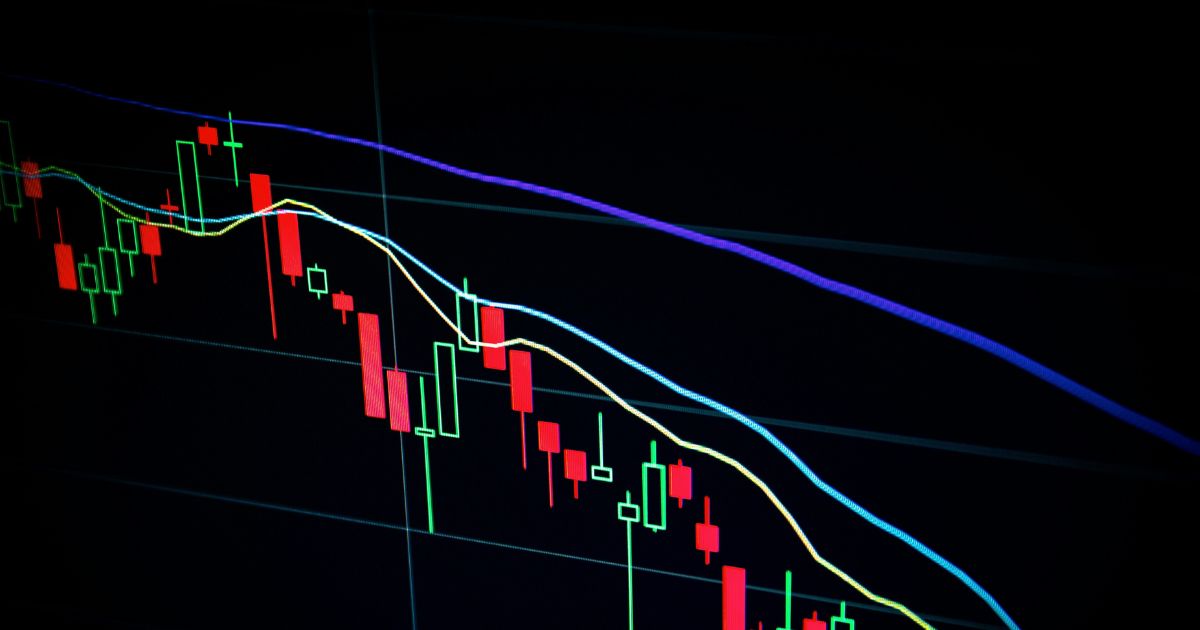France’s economy minister has called a new reduction in the nation’s credit rating “a wake-up call” for lawmakers to once and for all approve the 2026 budget, as political deadlock continues to overshadow the economy’s prospects.
Roland Lescure explained on Franceinfo radio on Saturday that the S&P Global downgrade was “a bit of a cloud to an already very grey weather forecast”, calling on parliament to support the government’s draft budgetary plan.
The warning is issued at a time when France, which has some of the European Union’s largest debts, is struggling to pass its 2026 budget through a divided National Assembly.
The political stand-off has left President Emmanuel Macron‘s government balancing its need to balance the budget with the imperative to maintain its fragile coalition.
Political deadlock and policy U-turns
New Prime Minister Sébastien Lecornu, installed in the spring to stabilize the ship, has already abandoned plans to increase the retirement age – a gesture intended to placate public indignation and woo opposition legislators. The strategic withdrawal seems to have been successful, at least temporarily, as he weathered two no-confidence votes this week.
But the financial markets are being less kind. On Friday, S&P Global joined the list as the third major ratings agency in less than a year to downgrade France’s credit rating, downgrading it from AA- to A+.
The move comes following a similar action from Fitch Ratings just days prior and a downgrade from Moody’s late last year.
In its report, S&P stated “uncertainty on France’s government finances remains elevated”, echoing investors’ worry regarding the rate of deficit cutting and the capacity of the government to contain public expenditure.
A bid to contain the deficit
In contrast to the dismal headlines, Lescure sounded a note of determination, asserting that the government’s planned budget will reduce the deficit from 5.4 percent of GDP this year to 4.7 percent in late 2026.
Under EU regulations, member nations are supposed to maintain their deficits below 3 percent of GDP and public debt below 60 percent. France’s debt, at almost twice that threshold, currently stands as the third highest in the bloc – second only to Greece and Italy.
Nevertheless, Paris maintains that it can restore its finances without cutting growth or essential public services. Investment in innovation, the military, and energy transition has been highlighted by the government as the solution to long-term stability.
For Lescure, the latest downgrade is less a cause for panic than a nudge to get France’s political class moving. “It’s a wake-up call,” he said – one that, with any luck, might just jolt parliament into action.




